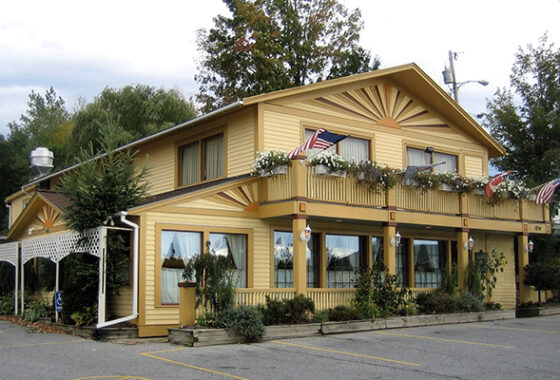“QOZ” Offers Potential Benefits
To Investors and Underserved Communities
The Qualified Opportunity Zones (“QOZ”) program is a creation of the Tax Cuts and Jobs Act of 2017, intended to encourage economic growth and development in underserved communities by offering tax benefits to investors. This program holds enormous potential for commercial real estate investment and development in the Zones – but the federal agencies’ rulemaking on it is incomplete, so the full breadth of the program and how it will function is not yet known.
Under the program, the states, territories, and Washington, DC, all nominated areas (by census tract) to be “Opportunity Zones,” which the IRS selected from and certified (these designations were finalized in 2018). The Zones are in underserved communities, and since census tracts can be small, some are sandwiched between neighborhoods that have already seen significant development and growth, especially in urban areas. In order to qualify for tax benefits, investors must create “Opportunity Funds” to invest in the QOZs. Anyone can create an Opportunity Fund, but it must be made using capital gains from a previous sale which are rolled into the fund within 180 days.
Additionally, the statute specifies that Opportunity Funds:
- May be a partnership or corporation organized for the purpose of investing in QOZ property
- Must hold at least 90% of its assets in QOZ property, which can be stock, partnership interests, and/or other tangible property used in a trade or business (e.g. real estate) within a QOZ
- Must be certified according to forthcoming IRS and Treasury regulations
So, what are the tax benefits of investing in a QOZ? First, for gains reinvested into a fund, capital gains tax is deferred as long as they are kept there, up to nine years. On top of that, the tax ultimately paid on them is reduced by 10% after five years and an additional 5% (for a total of 15%) after seven years (via an adjustment in basis). There are also significant tax benefits for gains accrued while in an Opportunity Fund: if an investment is kept in an Opportunity Fund for ten or more years, all gains accrued while there are excluded from tax.
QOZs are a federal program, but the states may play a role as well. States interested in making their Zones more attractive to investors may choose to conform their state tax laws to the federal tax laws by relieving investors from paying state capital gains rates on income earned from QOZ investments. States will likely be reviewing their tax codes in response to the federal changes, though not all are expected to opt to conform.
The QOZ program officially kicked off with the designation of the Zones themselves. The IRS and the Treasury are still promulgating the rules for its implementation and need to address important questions, including how to certify an Opportunity Fund (the Treasury has indicated they will allow self-certification), more specifics on the timing requirements for investing, fraud and abuse protections, and how the program will interact with other tax incentives to encourage investment in low-income areas. Proposed rules are expected this fall, after which there will be a comment period. Final rules are anticipated by early 2019.
Here is a link to the Vermont designated Opportunity Zones: https://vcgi.maps.arcgis.com/apps/Styler/index.html?appid=67893e0aa46941a79ed9e839a27a424e








